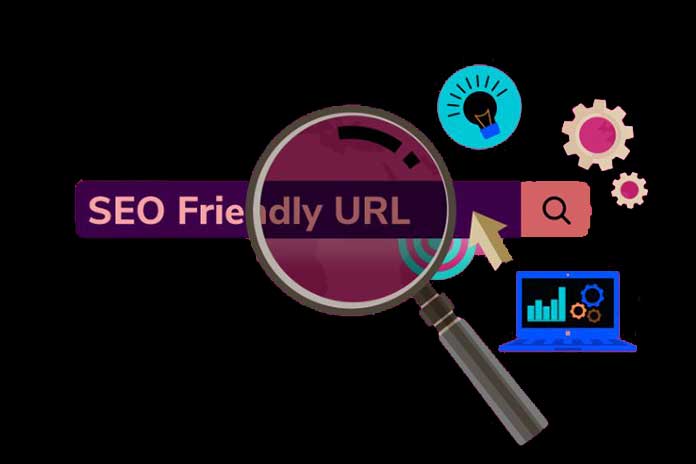SEO friendly URLs are those that are easy for both users and search engines to understand. They are typically short and descriptive, and they include the keywords that are most relevant to the page’s content. When a user enters a query into a search engine, the engine will scan the URLs of the websites that appear in the search results and compare them to the user’s query. If the user’s query is included in the URL, the website will be more likely to appear at the top of the search results.
There are many benefits to using SEO friendly URLs. First and foremost, they are easier for both humans and search engine crawlers to understand. They are also more likely to be included in search engine results pages, which means more people will see them. Additionally, they can help you rank higher in search engine results, which can result in more website traffic and conversions. They help you get better search engine rankings because they are easily indexed by search engines. They also help you get more website visitors because they are easy to remember and share.
Increased Traffic
SEO friendly URLs are not only beneficial for your website’s search engine ranking, but also for the user experience. When a user enters a keyword into a search engine, the engine will return a list of websites that it believes best match the user’s query. The websites that appear at the top of the list are typically the ones that have the most relevant information and the best search engine optimization (SEO). A SEO-friendly URL systemcan help to improve your website’s ranking on search engines, making it easier for potential customers to find you. They can also help to improve click-through rates, as customers are more likely to click on a link that looks relevant and easy to understand.
User Experience
Additionally, SEO friendly URLs can help to improve the user experience on your website, as customers are less likely to get lost or confused. SEO friendly URLs also make it easier for users to navigate your website. When a user clicks on a link, the URL appears in the address bar at the top of the browser. If the URL is long and difficult to remember, the user is less likely to visit the page again. SEO friendly URLs are easy to remember and include the keywords that are most relevant to the page’s content. This makes it easier for users to find the information they are looking for and increases the likelihood that they will visit your website again.
Social Media
SEO friendly URLs are especially beneficial for websites that contain a lot of content. By using keyword-rich URLs, you can help search engines to better understand the topic of your pages. This can lead to improved rankings for your website, and more traffic from people who are looking for information about your topic. SEO friendly URLs are also beneficial for social media. When you share a link to a page on your website on social media, the URL will be automatically included in the post. This can help people to better understand the topic of the page, and it can also ecourage them to click through to your site.
Simplified SEO
SEO friendly URLs also help reduce the amount of time and effort you need to spend on SEO. By making your site’s content and structure easier to understand, they allow you to focus your efforts on other areas of SEO that are more likely to have a positive impact on your rankings.
Overall, using SEO friendly URLs is a great way to improve your website’s search engine ranking and visibility. They are easy to read and understand, and they help search engines to better index your content. Additionally, they can help to improve your website’s ranking in search engine results pages (SERPs). If you’re looking to improve your website’s ranking and improve the user experience for your customers, then SEO friendly URLs are a great place to start. By following the simple tips outlined in this article, you can create URLs that are not only SEO friendly, but also easy for your customers to use.
Also Read: SEO Optimization: 5 SEO Tips To Improve Your Organic Ranking


